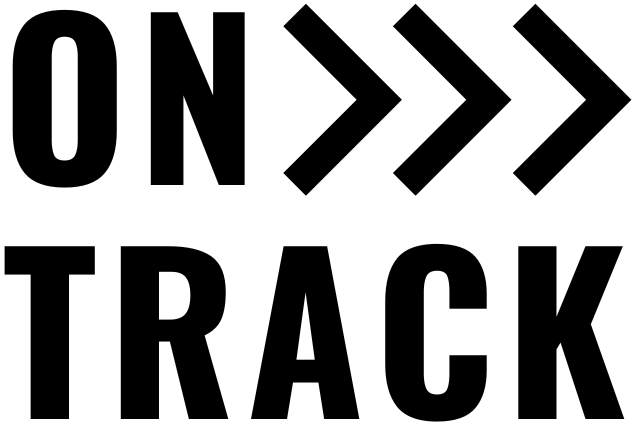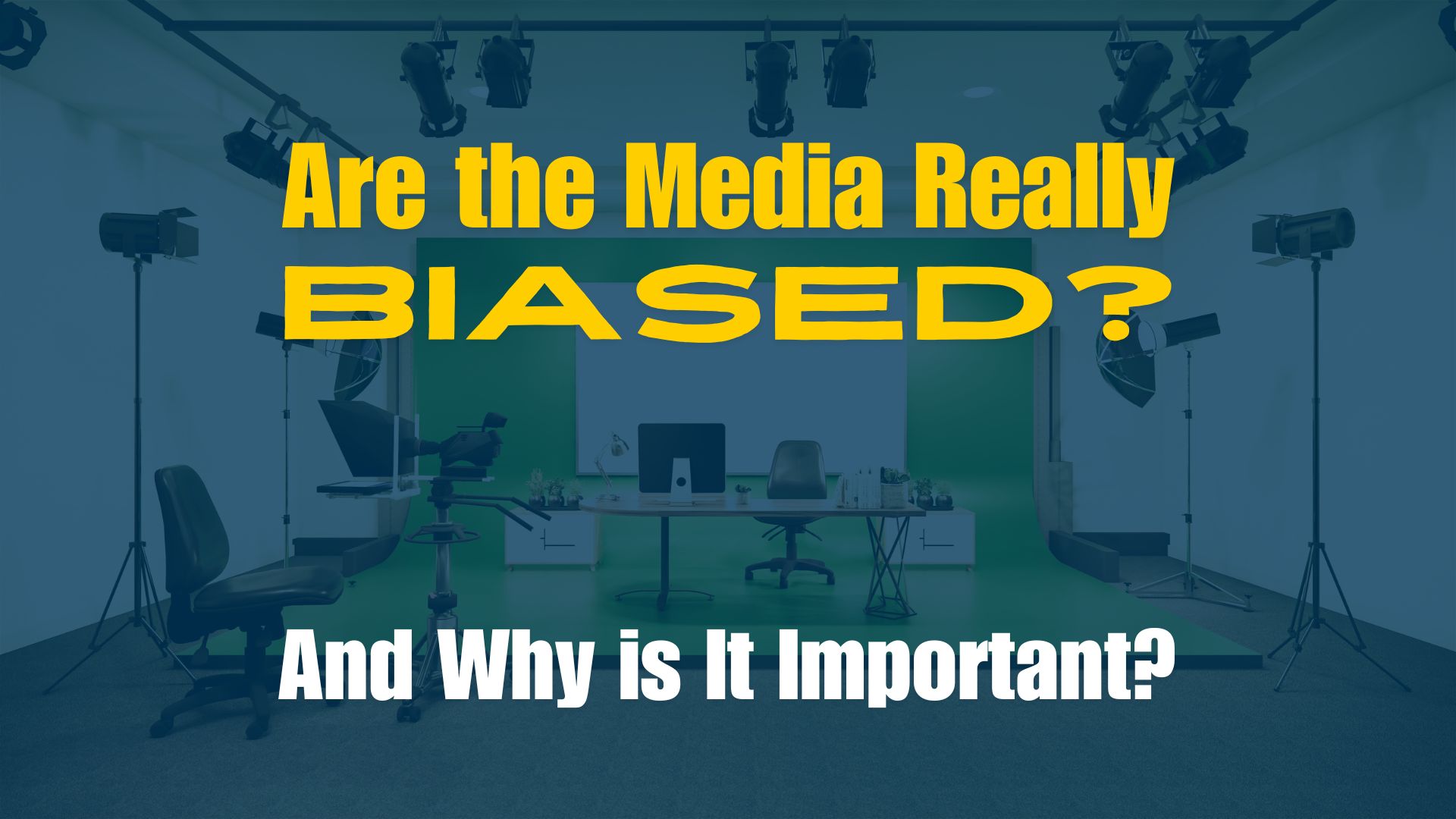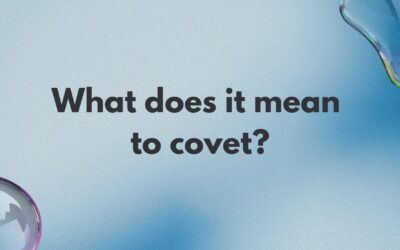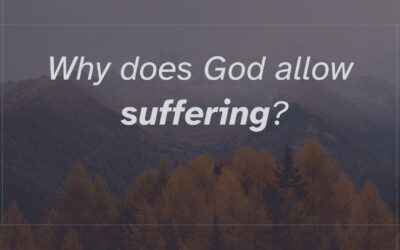When you say, “The media are biased,” most people would at least somewhat agree. We all have our biases. None of us is truly objective. Each person has their own worldview that they filter information through.
But the extent of the bias is where we tend to disagree.
For many on the political right, the leftward bias of the news media is sizeable. To those in the middle, it may not seem that bad. And to the left, the media may even seem to have a conservative tilt.
Though a good many conservatives are convinced of a strong liberal preference in the press (myself included), it’s hard to really prove it. You can point to factual inaccuracies in specific stories, misleading headlines, and stories the media confusingly ignores. But this approach essentially amounts to a “death by a thousand cuts” argument – one that is not likely to convince very many people.
What if there were something more tangible, that people could more easily see?
What if you had a news outlet, whose makeup consisted of 87 registered voters of one of the two major political parties, and 0 from the other? Would you start to get a little uncomfortable with their objectivity?
What if their CEO publicly said that the presidential nominee of the party with 0 members in her newsroom was a “deranged racist sociopath”? What if she posted a photograph of herself participating in a “get out the vote” effort for the nominee of the other party?
How do you think this would naturally influence the way this organization reports the news?
What if that CEO further said that “our preference for the truth might be a distraction that’s getting in the way of finding common ground and getting things done”?
This scenario is not fictional. It is that of NPR – National Public Radio. A longtime employee of the organization recently shared his concerns over their lack of viewpoint diversity in a public letter. NPR responded by suspending him. He would later resign after 25 years with them.
Regardless of your perception of the news media, anyone can look at this and say it’s a problem.
An organization made up solely of one side of the political aisle cannot and should not be trusted to report fairly on the news of the day. Human nature being what it is, biases will only be echoed, as there is no counterweight to them.
While registered party affiliation is one potential key identifier of objectivity, political donations from a media outlet’s staff can be another.
While I haven’t found any detailed studies, I have run across a handful of samplings of the major networks in years past, that showed the lion’s share of their political donations went to the democrat party.
Barack Obama once joked to the press, “Most of you covered me. All of you voted for me. Apologies to the Fox table.”
Political action in only one direction is a clear indicator of the angle of those covering the news of the day. It isn’t hard to understand this.
We need more of these studies, and this information should be available to the public. After all, the former NPR staffer was able to find the voter registration of his colleagues through public records.
Why is media bias important?
Media bias effectively works not only to shape public opinion on issues, but it also shields those in power, from the media’s preferred party, from public knowledge and scrutiny of their actions.
This allows them to do things they should not without consequence.
A clear example of this was in the coverage of the Hunter Biden laptop story, that broke just before the 2020 election. The contents of that device showed evidence that President Biden may have potentially participated in a bribery scheme with his family.
Indeed, the House of Representatives launched an impeachment inquiry, due in large part to the contents of that laptop.
The FBI, who has been in possession of the laptop for years now, has confirmed its authenticity. And content from the device was even used as evidence in Hunter’s recent trail on firearm-related charges.
Yet the media overwhelmingly ignored this powerful story in the run up to the election, only giving it sparse mention since.
When asked about it, and their network’s decision not to cover it, NPR said,
“We don’t want to waste our time on stories that are not really stories, and we don’t want to waste the listeners’ and readers’ time on stories that are just pure distractions.”
If powerful political figures know that the media that favors them will not cover stories that expose their nefarious activity, they are only emboldened to continue doing it.
Likewise, if those seeking to uphold justice by exposing wrongdoing know that the media will cover for the wrongdoer, and then train their sights on them for pursuing the matter, they are much more likely to keep silent.
Americans want to be able to trust that those who say they are reporting the news are doing so accurately. But recent polls show that trust is at a very low level.
Media bias is real because we each have a worldview. And that worldview affects how we view and what we determine to be news. It’s no different for those in the newsroom.




